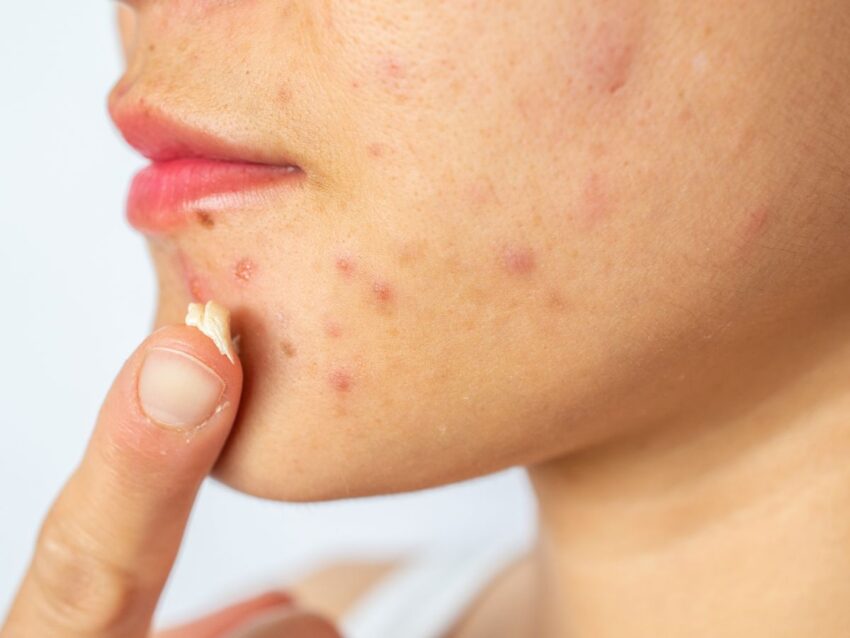Is Your Acne Treatment Safe? A Look at the Recent Benzene Contamination Concerns

Consumers using acne treatments from popular brands like Clinique and Clearasil should be aware of recent findings regarding potential benzene contamination. Independent laboratory testing identified concerning levels of this known carcinogen in certain products.
Understanding Benzene and its Risks:
Benzene is a colorless liquid found in various industrial processes and present in products like gasoline and some lubricants. It’s classified as a human carcinogen by the International Agency for Research on Cancer (IARC) due to its link to increased risk of leukemia and other blood cancers following prolonged or high-level exposure.
Read: Skin Care routine 7 Brilliant Tips before bed.
The Study and its Findings:
An independent US lab, Valisure, conducted tests on various over-the-counter and prescription acne treatments containing benzoyl peroxide, a common ingredient for treating acne. Their findings revealed “unacceptably high levels” of benzene in several products, exceeding the safe limits set by the US Food and Drug Administration (FDA) by over 800 times in some cases.
Affected Products and Brand Responses:
While the full list of affected products remains undisclosed, Valisure’s report mentioned acne treatments from Clinique, Clearasil, Target’s Up & Up, and Walmart’s Equate Beauty brand as containing concerning levels of benzene.
It’s important to note that the companies involved have issued varying responses. While some, like Reckitt Benckiser (owner of Clearasil), maintain the safety of their products when used as directed, others haven’t publicly addressed the issue yet.
What Consumers Should Do when treating Acne
While the long-term health risks associated with the identified benzene levels in these specific products require further investigation, here are some steps consumers can take:
- Check the ingredients list: If you use a benzoyl peroxide-based acne treatment, check the ingredients list for any mention of benzene.
- Consult your doctor or dermatologist: Discuss any concerns you have regarding potential benzene contamination in your acne treatment. They can advise on alternative options or recommend further action.
- Stay informed: Monitor news updates and official statements from relevant authorities like the FDA and the brands involved.
The Importance of Ongoing Vigilance:
This incident highlights the importance of ongoing vigilance in ensuring the safety of consumer products. It’s crucial for regulatory bodies like the FDA to thoroughly investigate such findings and take appropriate action to protect public health.
Consumers, too, play a vital role by staying informed and raising concerns when necessary. By working together, we can promote better practices and ensure the safety of the products we use.
Disclaimer: This article is intended for informational purposes only and should not be construed as medical advice. Always consult with a healthcare professional for personalized guidance regarding your specific situation.


